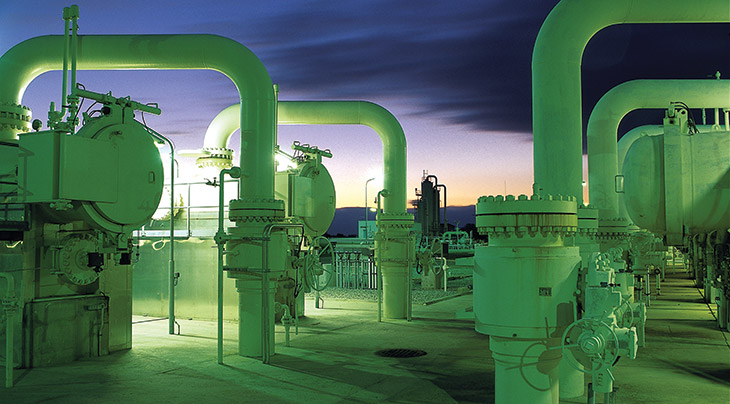
Oil and Gas in Romania: practical hurdles of a growing industry
The oil and gas industry is vital due to its role in contributing to the long-term energy needs of society. Energy producers must, therefore, operate safely and responsibly, showing concern for the natural environment and considering their socio-economic impact on local communities. However, in the continuous struggle to provide the market with sufficient hydrocarbons, oil and gas companies undertake a great amount of uncertainty and risk, both operationally and financially.
Access to data
In Romania, certain types of information possessed by oil and gas companies that are technical and economical in nature are deemed as classified, work related secrets. This includes concession agreements, permits and evaluation studies. The impact thereof is that third-party use of data contained in these documents for, for example, corporate financial consolidation, is limited and conditional on NAMR’s approval. As a result, operational flows may be interrupted or delayed.
Accessibility of data is key to raising awareness of the availability of resources and to attracting international investment. The issue should thus be further addressed through legislation. One solution to improve flexibility of is to draw comparisons with other jurisdictions who have been more successful in dealing with the issue. In light of the declared national interest in implementing an updated energy policy, legislative amendments designed to create efficiencies in access to historical data, create different legal regimes for raw versus processed data, and create rules for using data on a need-to-know basis only may generate a more investor-friendly environment.
Access to land
In recent years oil and gas companies have faced local and regional challenges with regards physical access to land, making difficult the fulfilment of commitments set out in concession agreements. Access to the land pertaining to the oil and gas perimeter, essential for the execution of operations, is commonly restrained due to landowners’ unjustified refusal to grant access to land overlapping a block. Moreover, holders of concession agreements often face difficulties in identifying the land owners and in obtaining their agreement for accessing the land designated for petroleum activities. This makes the commitments in the concession agreement potentially unachievable within a reasonable amount of time, which could cause significant damage to title holders and the state and prevent supporting the public interest in oil and gas operations. In the context of „shale gas psychosis” and many titleholders’ lack of a correct understanding of the rights of access and easements provided by the Petroleum Law, co-operation with local authorities is critical.
Given the above, it is vital to increase public awareness of the national interest in capitalising on hydrocarbon resources and its strategic role in ensuring the security of energy supply, as well as to ensure allignment between the central and local authorities. The enactment of a flexible and updated legislative system aimed at addressing the current land access challenges may also be beneficial and may be further addressed by lege ferenda proposals.
————————————-
The full version of this article can be read in printed edition of energynomics.ro Magazine, issued this June.
In order to receive the next issue (September 2014) of energynomics.ro Magazine for free, we encourage you to write us at [email protected] to include you in our distribution list.
